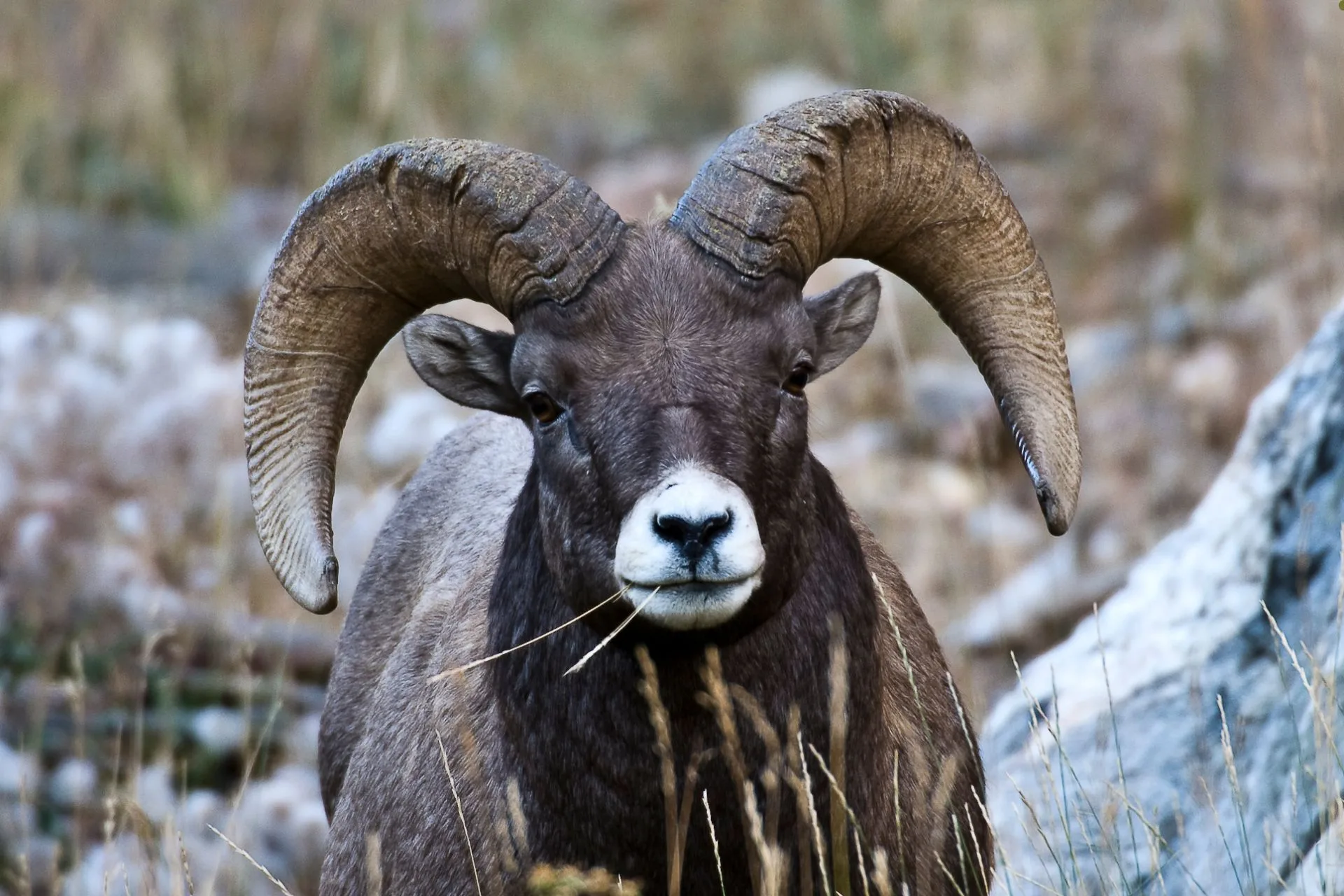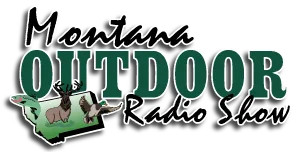BRETT FRENCH | bfrench@billingsgazette.com
When it comes to raising money for moose and bighorn sheep conservation in Montana, is it better to auction off a single tag to a wealthy bidder, or to open it up to everyone via a lottery?
The question was placed before the Montana Legislature in this year’s session.
House Bill 283, sponsored by Rep. Tyson Running Wolf, D-Browning, would have given the Montana Fish and Wildlife Commission the option to choose between the two fundraising methods for bighorns and moose.
The option to use an auction or lottery to raise funding is already in place for one mule deer, elk and mountain goat tag.
Running Wolf noted that when a mule deer tag was first offered through a lottery to the general public in 2024 it was a huge success, raising $56,000 — a 38% increase from when it was sold via auction.
Is a lottery more lucrative?
“The problem we’re solving with HB 283 is that when we limit the option for sheep and moose tags to only the auctions, we are potentially limiting how much money we can raise for wildlife conservation,” Running Wolf told the Senate Fish and Game Committee in a March hearing on the bill.
Under the auction system, the moose tag has raised between $13,000 to $65,000.
Ty Stubblefield, of the Montana Wild Sheep Foundation, argued against providing the Fish and Wildlife Commission a choice. Stubblefield noted the current system, which has been in effect since 1986, has raised more than $9 million for bighorn sheep conservation. The most ever paid for the much-coveted tag to shoot a bighorn ram was $480,000 in 2013.
Also opposed to the change was the Montana Wool Growers. The Wool Growers and the Montana Wild Sheep Foundation are currently participating in a Montana State University study of bighorn and domestic sheep interactions and possible disease transmission between the species.
Is an auction less democratic?
The other side of Running Wolf’s argument to add lotteries as a possible way to award a moose or bighorn tag was based on being democratic.
“Lotteries allow participation by everyday hunters, and lotteries give everyday Montanans a fair chance at securing hard-to-get tags,” he told the senators.
Matt Leow, representing the Montana Chapter of Backcountry Hunters & Anglers (MBHA), agreed, telling the Senate committee, “A raffle as opposed to an auction is much more accessible to the average hunter.”
MBHA was behind the successful mule deer lottery, selling tickets for $20 each.
“Very few of us could afford tens of thousands or hundreds of thousands to bid in an auction,” Leow added. “But most hunters could afford a $25, $50 or $100 raffle ticket.”
Micah Fields of MBHA put it more bluntly. “Put simply, auctions favor the wealthy few whereas raffles favor the public.”
Jeff Herbert, a retired FWP wildlife biologist now representing the Montana Sportsman Alliance, told the senators that auctioning off the tags to wealthy hunters monetizes wildlife that should be available to all, regardless of economic or social status.
“While the funding is welcome from a sheep conservation standpoint, an auction of this magnitude really does fly in the face of a fundamental tenant of the North American Model (of Wildlife Conservation) that speaks to an equal opportunity for all to participate,” Herbert wrote in an email.
Calli Michaels, representing the Montana Wool Growers Association, told the Senate committee the purpose of the existing statute authorizing the auctions is to raise money for the species. The law says nothing about being democratic in awarding that coveted tag.
The state must seek the most “lucrative” means to raise money, Michaels said.
Bill passed Legislature
When it came to a vote, the measure was unopposed in the House but was tabled in the Senate Fish and Game Committee.
Former FWP regional supervisor Senate Minority Leader Pat Flowers, D-Belgrade, was originally skeptical of Running Wolf’s bill, but was willing to let the Fish and Wildlife Commission make the decision, especially when it came to the moose tag.
FWP has no decision criteria they provide to the commission for making a decision, Emily Cooper, License Bureau chief for FWP, told the committee.
Without any guidelines, the commission struggled in 2023 deciding which of 11 groups should receive one of five game tags.
“If we’re going to continue to get more and more competitors, if you will, for each license, it would feel a lot more comfortable to this commissioner if we had more specific criteria that we’re trying to achieve,” said Commissioner Patrick Tabor, of Whitefish, during the 2023 meeting.
At the urging of Sen. Shane Morigeau, D-Missoula, the Senate Fish and Game Committee voted to revive HB 283, and it eventually passed the full Senate by 11 votes.
Gianforte vetoed HB 283
Despite Running Wolf’s efforts, on May 5, Gov. Greg Gianforte killed the bill, touting the lottery as the “primary mechanism for protecting and expanding the population of bighorn sheep in our state,” he wrote in his veto letter.
The governor also cited the recent die-off of a Missouri River Breaks herd, possibly due to infection by a new strain of pneumonia-causing bacteria, as an example of the threats the species continues to face.
“The uncertainty of a lottery gives me pause as it could impact funding critical to our conservation efforts,” Gianforte wrote. “Given the challenges surrounding the bighorn sheep population, I do not believe now is the time to inject uncertainty into the funding mechanisms for these (conservation) partners.”
Hunters have other options
Opponents to the bill noted everyday hunters already have other chances to pursue bighorn sheep. They can buy a tag that allows them to hunt in rugged wilderness areas. Or they can pay $5 for a chance at winning an opportunity through the SuperTag lottery offered by Montana Fish, Wildlife & Parks.
When a game tag is auctioned off, the money goes into a pool for conservation work. The SuperTag funds, on the other hand, go to fund access and enforcement needs.
Up to 10% of the proceeds from the auctions can be retained by the conservation group awarded the fundraising opportunity, although groups may choose to forgo the amount.
In 2023, the Legislature passed a bill allowing every Montana resident who purchases an elk or deer tag to automatically receive one entry in the SuperTag drawing, a measure Gianforte said he was proud to support.
The final option all hunters have is to enter a drawing for one of the hard-to-get tags offered through FWP’s annual hunting tag drawing.
“These options are very limited,” said Thomas Baumeister of MBHA, “which begs the question: How should these opportunities be allocated?”
He said MBHA never said a raffle would make more money, just that the option to provide the tag through a raffle should be given to the Fish and Game Commission.
“The commission should have the option to decide in a given year what makes the most sense,” Baumeister said. “That burden falls to them.”




